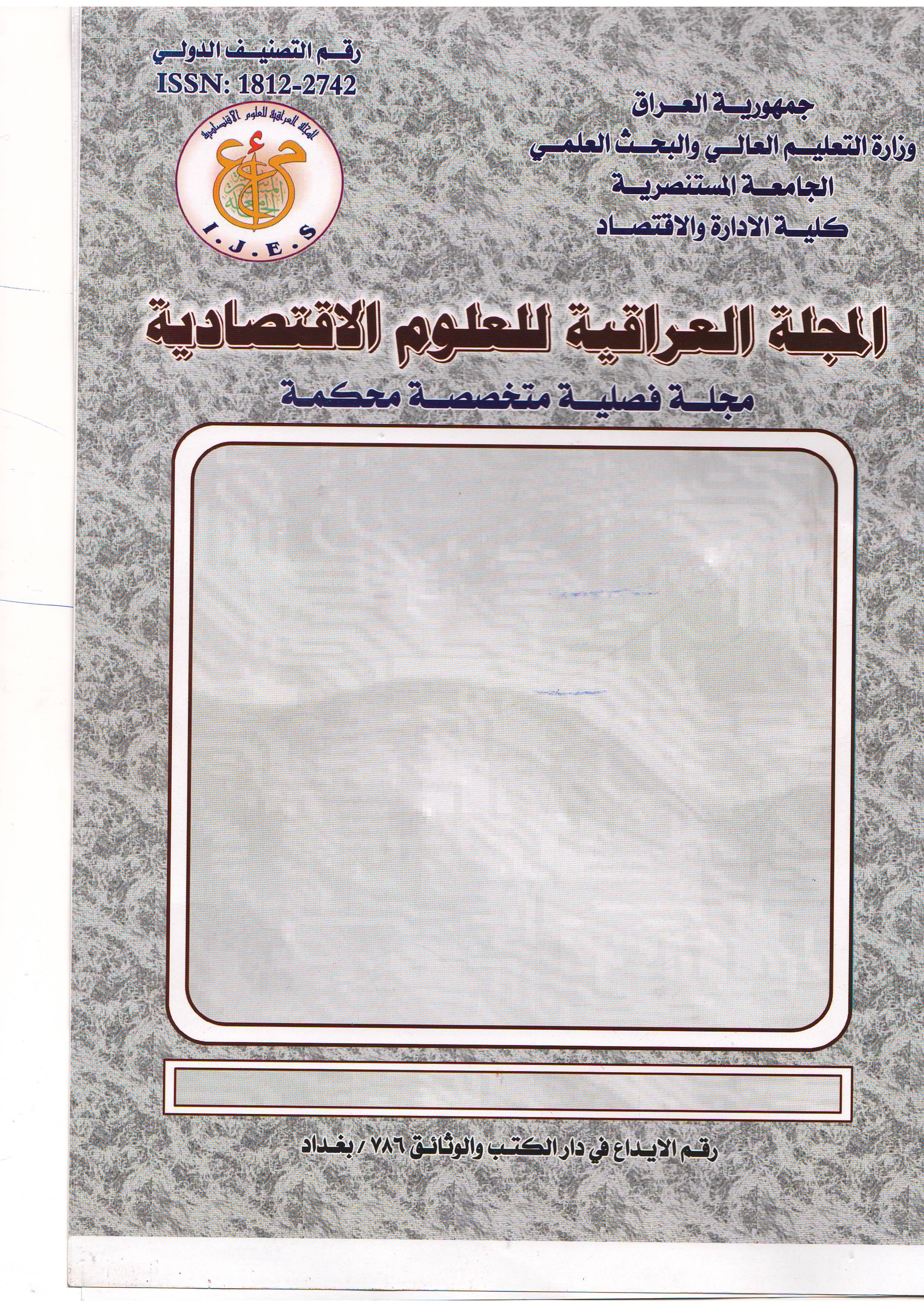تحليل إقتصادي لسياسات دعم المشتقات النفطية في إقليم كوردستان العراق للمدة 2015- 2012
الملخص
An Economic analysis for policies for the petroleum products subsidizing in the Kurdistan region of Iraq for a period (2012- 2015
The wide gap between supply and demand for petroleum products and energy over the past years may have cumulatively affected to raise fuel prices at rapid rates that increasing of living standards of the population cannot bear it. Therefore, the Kurdistan Regional Government has sought to put the economic policy of subsidizing fuel prices and reduce the height to ease the weight of the burden of fuel prices on the shoulders of the community in the region of Kurdistan and especially those with limited income families. In this context, there are two points of view, first confirm that support energy and fuel prices is necessary to support low-income level people, because higher energy prices necessarily be reflected on the prices of transport and therefore price of goods and services that is used by the poor people. production of petroleum derivatives are not high, despite the lack of relatively sophisticated refineries, so the adoption of subsides policy of fuel price do not be a relatively large burden on the budget of the government in the Kurdistan region. While other point of view indicates that energy subsidies mainly go to the rich, because they basically have most of the sources of oil producing. The study have concluded that the rising of prices of fuel as a result of the removal of subsidies policy may adversely affect the revenue of the state, because of the existence of an inverse relationship between fuel demand and rising prices, which lead to reduced state revenues from the production of petroleum products when sold in local markets..
التنزيلات






